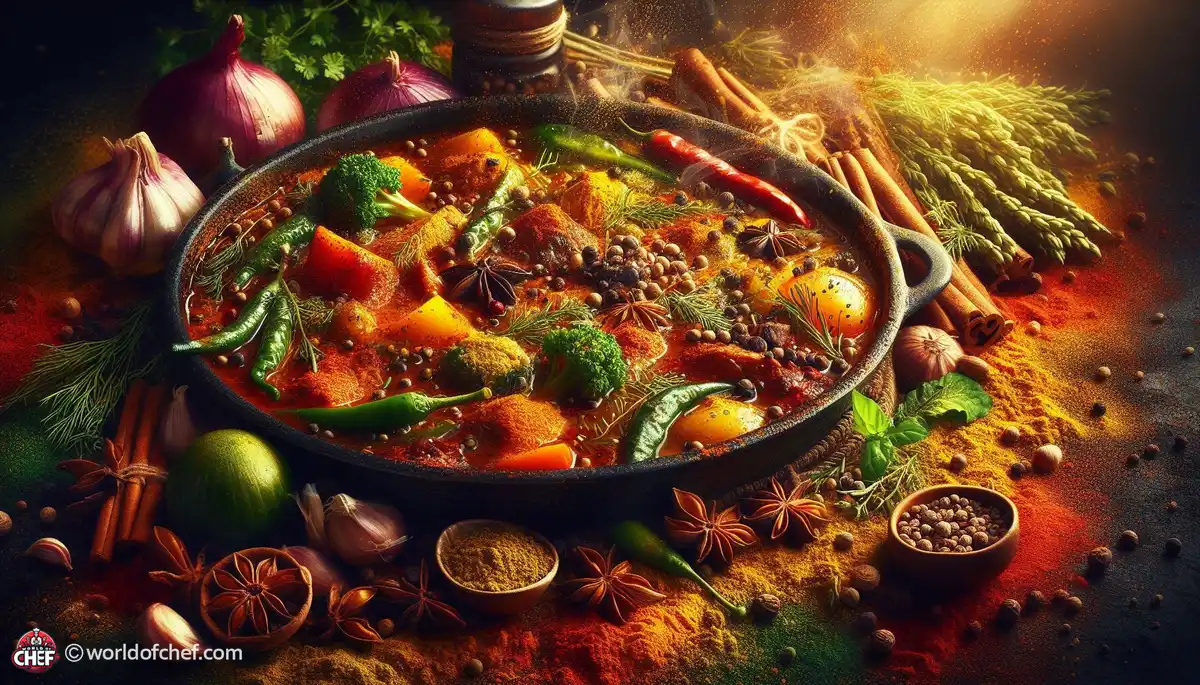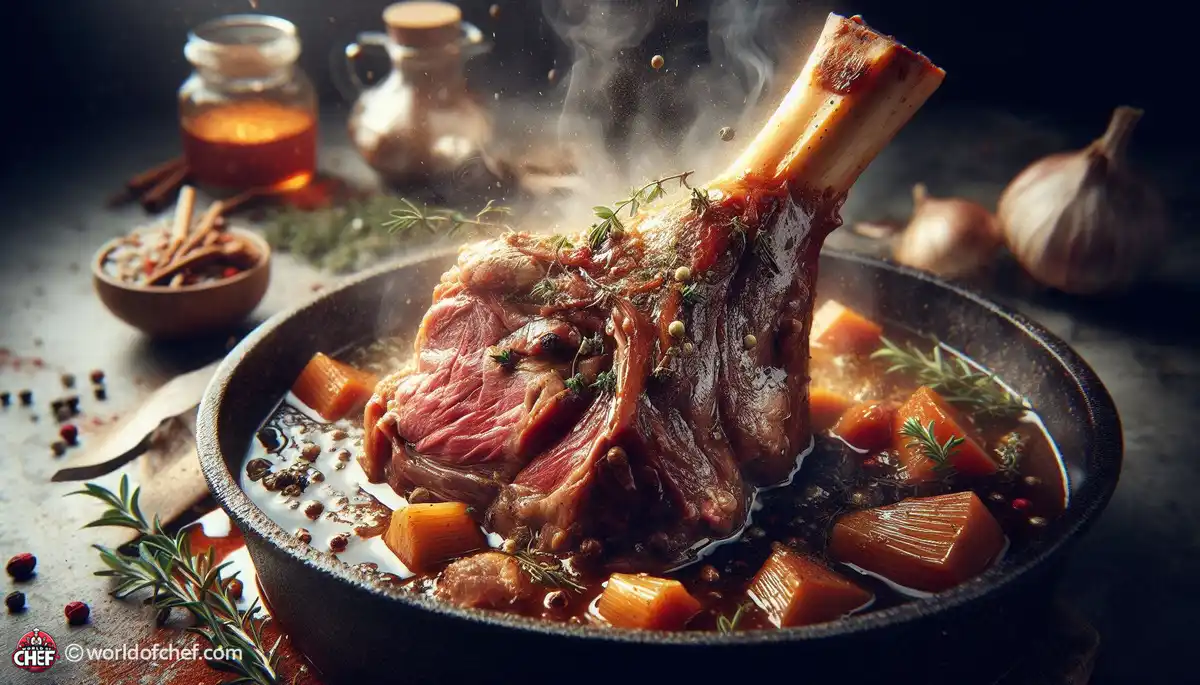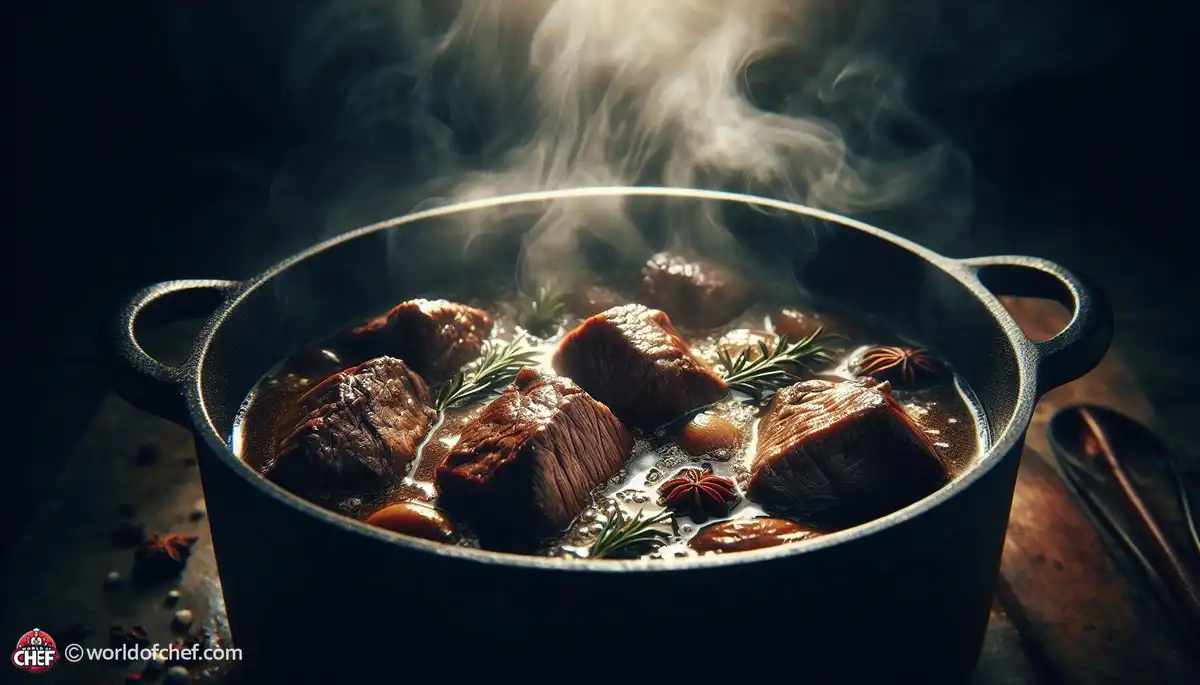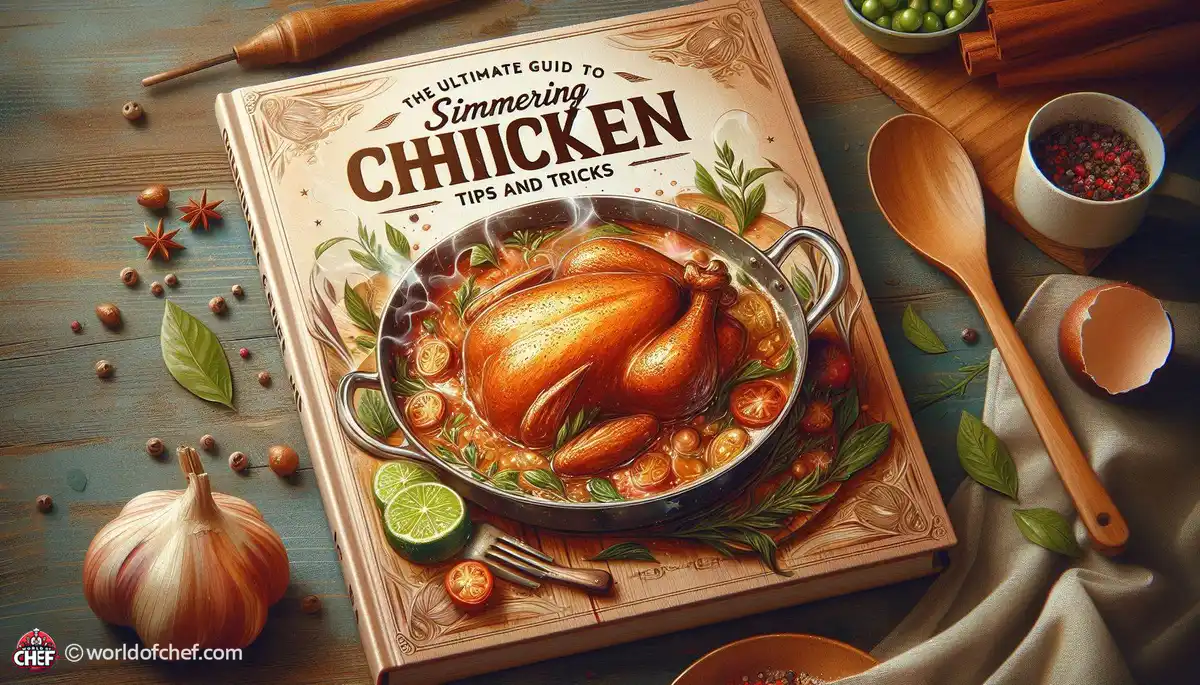
Simmering with Spices: Infusing Flavor into Your Dishes
Emery Donley - Oct 8, 2024 - 8 min read


Braising is the cooking technique that coats tough cuts of meat in flavor and turns them into tender, flavorful masterpieces. It involves searing the meat to create a thick crust while simmering it slowly in liquid. It is at such a perfect world for lamb, with its intense robust flavor. But mastering the art of braising demands making acquaintance with its basics.
Braising is generally the process of breaking down the tough connective tissues in meat through slow moist cooking. The low gentle heat of braising tenderizes the meat while infusing it with the flavors of the cooking liquid. It also allows the meat to absorb the aromatic spices and herbs, making the dish not only tender but deeply flavored.
Braising lamb involves selecting the right cut. The best cut for braising is the shoulder, shank, or leg. These cuts cook slowly and well through braising. They have lots of connective tissue, which breaks down during braising to yield tender, falling-apart meat.
When choosing a lamb cut for braising, take into consideration the marbling and fat content. More marbling and fat in your cut usually mean that it will be juicier and more flavorful by the end of the braising process. In addition, bone-in cuts enhance the flavor and the richness of the dish, as the bones dissolve their collagen in the cooking liquid, which further enriches the sauce.
Searing is the most critical part of braising, since it gives the lamb a crusty flavor which deepens and develops in flavor as it cooks. The first caramelization, in addition to enhancing the aesthetic appeal of the meat, also adds flavor to the dish.
To achieve the perfect sear, pat dry the lamb with paper towels first before heating in a heavy bottomed pan over high the smallest amount of oil one can muster. As it begins to shimmer, pour in the lamb without filling the pan; let sit undisturbed until such time you get that crispy golden crust. Flip for a few on the reverse side.
The braising liquid is where the magic happens, infusing the lamb with depth and complexity. Water can be used as a braising liquid, but flavorful alternatives like broth, wine, or a combination of both elevate your dish to the next level.
Be creative when making your aromatics for the braising liquid. Classic choices to add depth and richness in the sauce include onions, carrots, celery, garlic, thyme, rosemary, and bay leaves. You may get playful and discover your flavor preference.
Once you've achieved browned lamb and ready braising liquid, it is time to combine both for the magic to happen. Transfer the browned lamb to a Dutch oven or your slow cooker. Then pour in the braising liquid and cover with a lid to seal. Let it cook for several hours over low heat, allowing the lamb to simmer into tenderness such that it falls apart with a fork.
Braising is slow work and not for people wanting the quick turnaround from plate to table, yet those long hours at that heat level break down collagen strands from the meat perfectly- tenderness with lamb's great succulence cannot even compare. Do have your patience and wait things through the end as there indeed waits a sweet fulfillment you surely will like when reached by the dish to have an end result as hoped
Braised lamb is simplicity at its best. Serve with creamy mashed potatoes, buttered noodles, or crusty bread to mop up the flavors of the sauce. The simple green salad or steamed vegetables then balance out the rich and savory flavor of lamb.
To complete your creation, add some bright, colorful fresh herbs like parsley, cilantro, or mint. For added flair, finish it off with a drizzle of extra-virgin olive oil or flaky sea salt.
The common mistake that people do in braising is to overcook the meat to get it dry and tough lamb. If you are watching closely on the cooking time, you can adjust it according to the requirement. It should be so tender that can be pierced with the fork but not fall apart completely.
If your braised lamb has a lack of flavor, do not panic, because there is an easy solution. Taste the sauce and season as desired by adding salt, pepper, or herbs and spices for additional depth of flavor. Remember, it is much easier to add seasoning than it is trying to rescue an over-salted dish.
Braised lamb is great for any warm evening weeknight meal because you prepare ahead and leave to simmer while you go about your business. Serve it with some accompaniments of your preferred variety for a wonderful family meal.
Braised lamb is an excellent choice for special occasions like holidays or dinner parties. Serve it with gourmet accompaniments such as roasted vegetables, creamy polenta, or freshly baked bread for a dining experience that would surely leave your guests in awe.
Braising lamb is not just a cooking technique, but it is more of a culinary journey that celebrates the richness in flavor and texture of this beloved meat. By understanding the basics, choosing the right cut, and mastering the techniques involved, you unlock the secrets to tender and flavorful lamb dishes that delight and make your guests proud. Next time you feel craving a good heartwarming dish, try braised lamb. With a little patience, a lot of love, you will surely be rewarded with a dish truly unforgettable.

Emery Donley - Oct 8, 2024 - 8 min read

Russell Comeaux - Oct 8, 2024 - 8 min read

Walter Backus - Oct 7, 2024 - 8 min read

Samantha Thames - Oct 7, 2024 - 6 min read